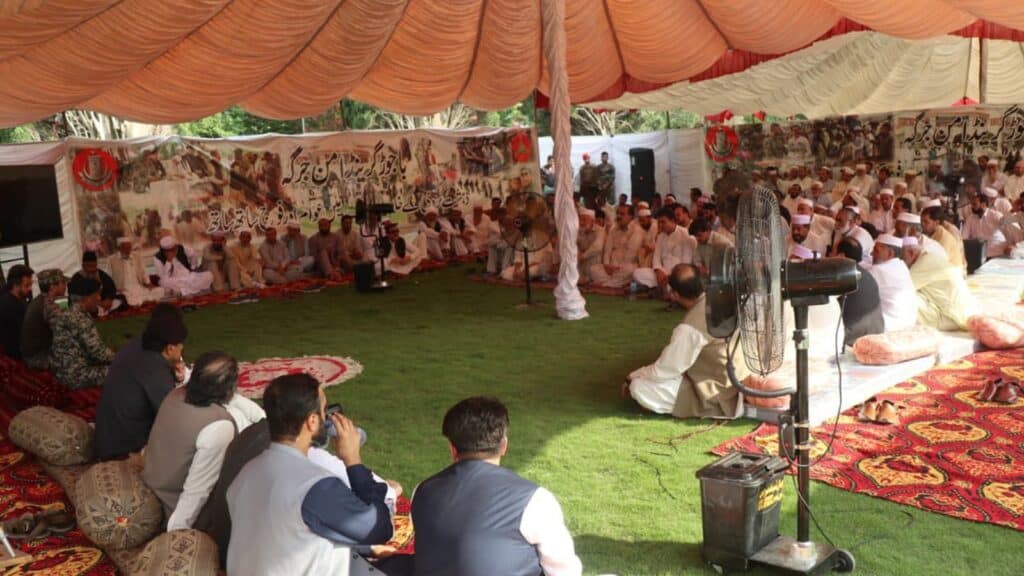In Bajaur, a powerful local jirga has demanded that militants—primarily affiliated with the TTP, Ahrar, and other splinter factions—either retreat to the mountains or exit Pakistani territory altogether. This marks a rare and growing public defiance from communities once caught in silence, fear, or passive support.
But the response from the militant groups has been conspicuously delayed. According to local sources, these groups have no intention of vacating the region or yielding to the jirga’s demands. Instead, they are stalling, carefully calculating their next move. Immediate rejection could provoke an open revolt from the locals—a scenario they are keen to avoid. So, silence is being used as a tactic to buy time and maintain presence under the radar.
This is not the first such situation. In Tirah, Khyber District, similar demands emerged just weeks ago. There too, militants tried to ride out the pressure, hoping the local discontent would fade. But what they fail to realize is that with every passing day, communities are growing more vocal, more organized, and more determined to reclaim their land and peace.
If Bajaur’s demand goes unanswered, other districts like Mohmand, Orakzai, and Waziristan may soon follow with their own calls for eviction. The strategy of delay by militants might serve short-term survival, but in the long run, it risks triggering a broader tribal backlash that could leave them with no safe ground to operate.
The shifting sentiment signals a critical turning point. The era of silent acceptance is ending, and local communities are now taking the lead in drawing red lines. The message is clear: militants may stall, but space is shrinking fast.





